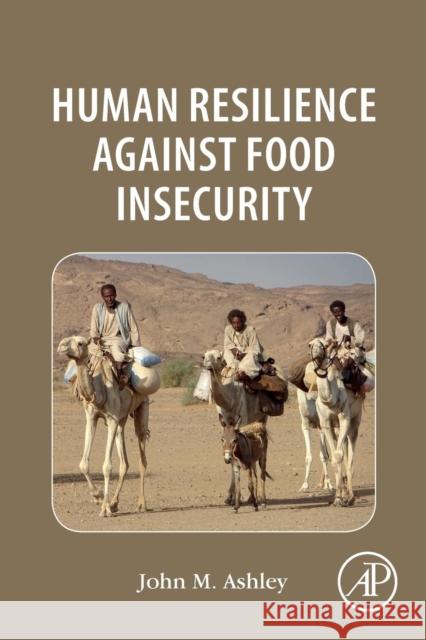Human Resilience Against Food Insecurity » książka
topmenu
Human Resilience Against Food Insecurity
ISBN-13: 9780128110522 / Angielski / Miękka / 2018 / 260 str.
Kategorie:
Kategorie BISAC:
Wydawca:
Academic Press
Język:
Angielski
ISBN-13:
9780128110522
Rok wydania:
2018
Ilość stron:
260
Waga:
0.35 kg
Wymiary:
22.91 x 15.19 x 1.4
Oprawa:
Miękka
Wolumenów:
01
Dodatkowe informacje:
Bibliografia











